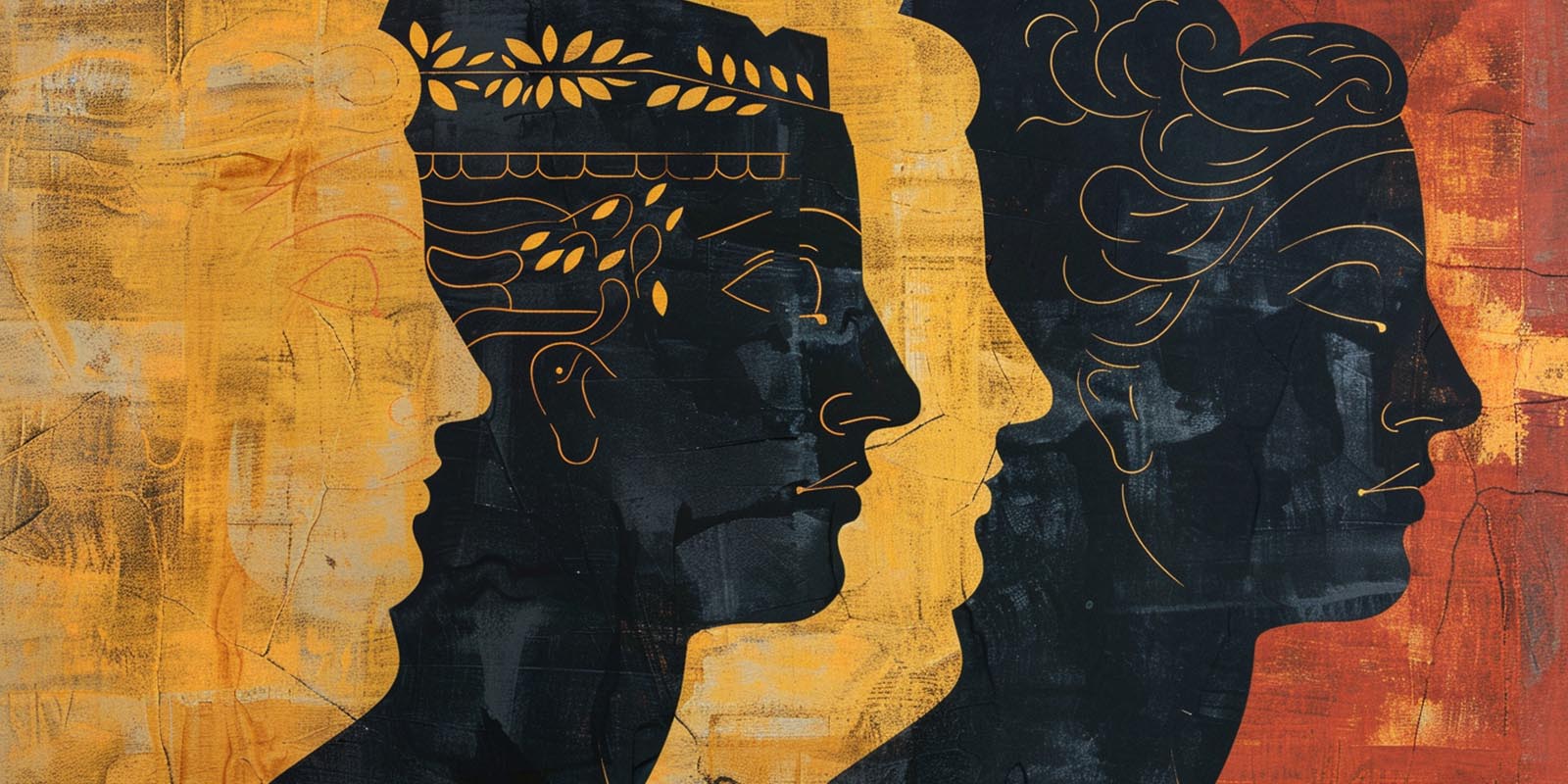

Ancient Greek politicians were instrumental in shaping the political landscape of their city-states, implementing reforms, and influencing the course of history. Here are some key figures and aspects of Ancient Greek politicians:
Reforms and Contributions: Solon's Reforms: Solon implemented economic reforms to alleviate debt burdens, political reforms to broaden participation, and legal reforms to ensure fairness, helping to stabilize Athenian society.
Cleisthenes' Reforms: Cleisthenes reorganized the Athenian political structure into ten tribes based on residence rather than kinship, creating a more inclusive and representative democratic system.
Pericles' Leadership: Pericles expanded the democratic system, initiated massive building projects including the Parthenon, and promoted arts and culture, enhancing Athens' prestige and power.
Political Institutions:
Athenian Democracy: Athenian democracy involved institutions like the Assembly (Ekklesia), where citizens voted on laws; the Council of 500 (Boule), which prepared legislation; and various courts for judicial functions.
Spartan Governance: Spartan political structure included two kings, the council of elders (Gerousia), and the overseers (Ephors), reflecting a mix of monarchy, oligarchy, and elements of democracy.
Famous Orators:
Demosthenes: An influential orator, Demosthenes' speeches against Macedonian domination are classics of Greek rhetoric and reflect the political struggles of Athens.
Isocrates: Another notable Athenian orator, Isocrates focused on education and pan-Hellenic unity, advocating for a collective Greek identity against external threats.
Conflicts and Alliances:
Peloponnesian War: Politicians like Pericles and Alcibiades played crucial roles in the Peloponnesian War, a protracted conflict between Athens and Sparta that reshaped the Greek world.
Alliances: Greek politicians often formed and broke alliances with other city-states and foreign powers, navigating a complex landscape of diplomacy and warfare.
Philosophical Impact:
Socrates and Plato: The political actions and ideas of politicians influenced philosophers like Socrates and Plato, who in turn critiqued and shaped political thought through their teachings and writings.
Aristotle: Aristotle’s "Politics" analyzed various political systems, drawing from the practical experiences of Greek politicians and their cities.
Legacy:
Influence on Modern Politics: The ideas and practices of Ancient Greek politicians, particularly those from Athens, have profoundly influenced modern political thought and democratic principles.
Historical Study: The lives and actions of these politicians are extensively studied for their impact on governance, law, and society in ancient times and their enduring lessons for contemporary politics.
The legacy of Ancient Greek politicians is evident in their foundational contributions to political theory, democratic practices, and their influence on the structure of modern governments around the world.
Solon was an Athenian lawmaker and poet, known for his efforts to legislate against political, economic, and moral decline in archaic Athens. His reforms laid the foundation for Athenian democracy.
More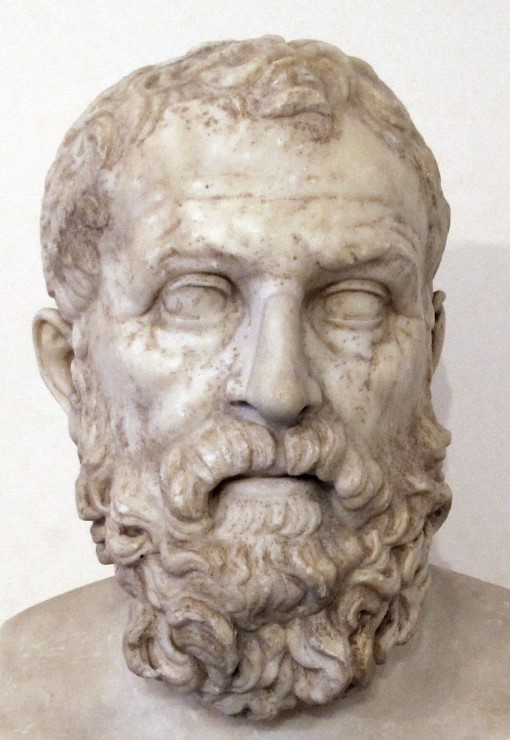
Cleisthenes, often called the "Father of Athenian Democracy," implemented political reforms that established a more inclusive and participatory form of government in Athens around 508 BCE.
More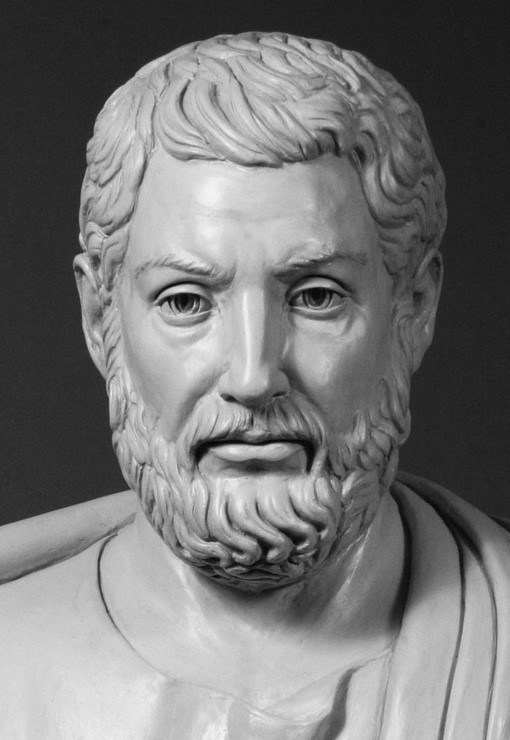
Themistocles was an Athenian politician and general, known for his role in the Battle of Salamis where the Greek naval forces achieved a decisive victory over the Persian fleet.
More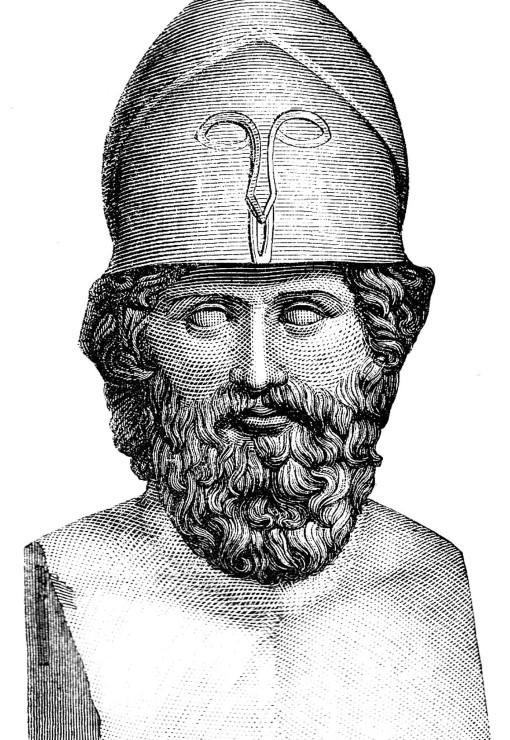
Demosthenes was a prominent Athenian orator and politician, best known for his speeches against the rising power of Philip II of Macedon and for his efforts to rally the Greeks to resist Macedonian hegemony.
More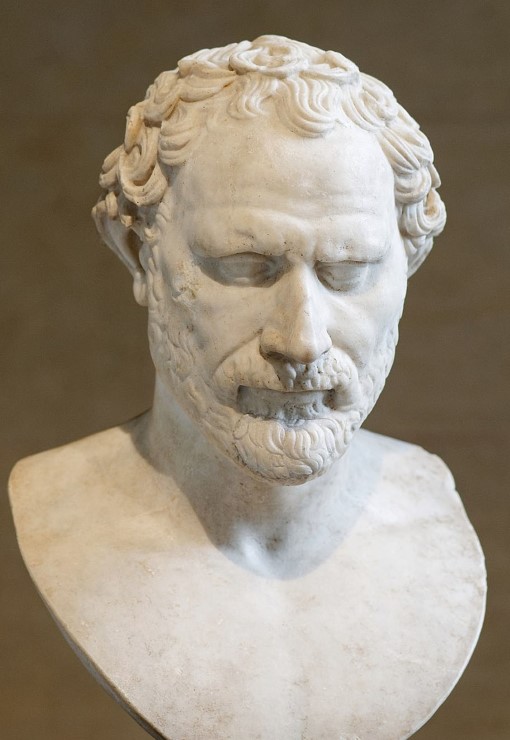
Ancient Greek art and architecture, with its harmonious proportions and timeless elegance, continue to inspire awe and admiration millennia later.
Discover
Greek mythology, a rich tapestry of gods, heroes, and mythical creatures, captivates the imagination with its tales of love, betrayal, and epic adventures that delve into the depths of the human psyche.
Discover
Ancient Greek history, marked by remarkable achievements in democracy, philosophy, and warfare, shaped the foundation of Western civilization, leaving an indelible legacy of innovation and cultural influence that continues to resonate to this day.
Discover
The ancient Greek Olympics, held in Olympia every four years, celebrated athleticism, unity, and cultural pride, serving as a testament to the enduring spirit of competition and excellence that transcends time and borders.
Discover
Ancient Greek wars, such as the Persian Wars and the Peloponnesian War, were pivotal conflicts that shaped the course of history, highlighting the struggle for power, independence, and the clash of civilizations in the ancient Mediterranean world.
Discover
Ancient Greek culture and society, characterized by its emphasis on art, philosophy, and civic engagement, fostered a vibrant intellectual and social landscape where innovation flourished, democracy thrived, and the pursuit of knowledge and excellence was celebrated as fundamental values of civilized life.
Discover
Find out more about ancientgreece.com